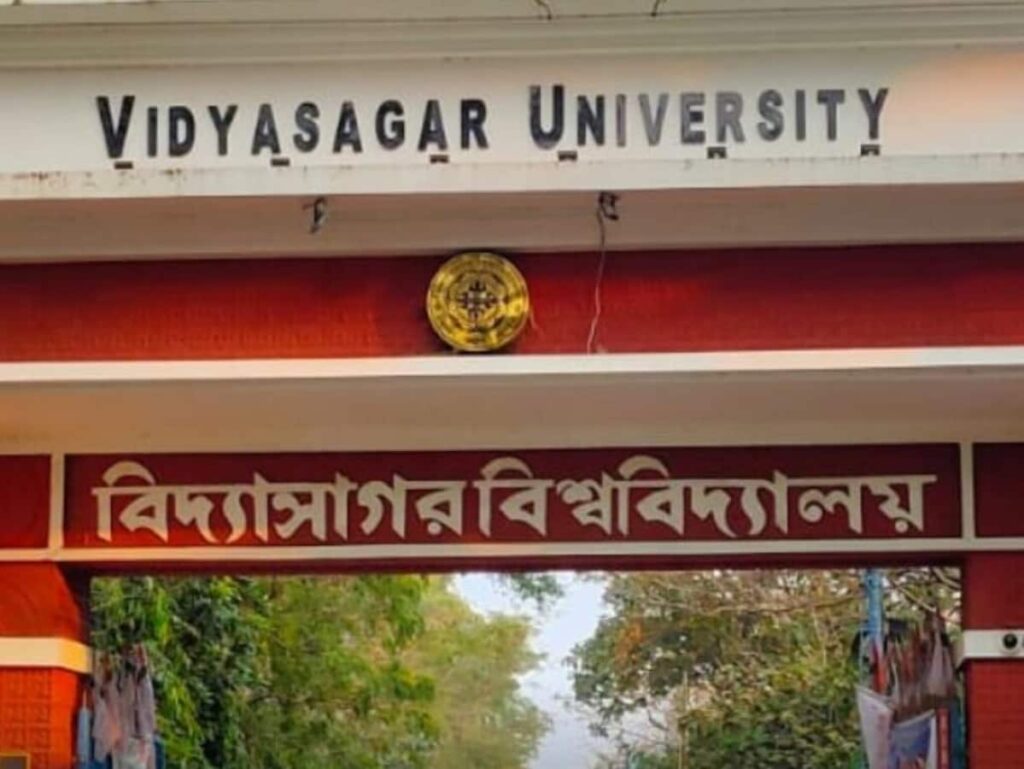In recent events, a significant political uproar has emerged in West Bengal following a controversial statement made by a renowned university labeling historical revolutionaries as terrorists. This declaration has sparked discussions around historical narratives, the interpretation of revolutionary actions, and the impact of such statements on contemporary politics.
Understanding the Historical Context
The term “terrorist” has evolved significantly over time. Often, it is used in political discourse to discredit those who challenge the status quo. In the context of India’s freedom struggle, figures like Bhagat Singh, Subhas Chandra Bose, and others are seen as heroes. However, modern interpretations can sometimes paint these individuals in a negative light, complicating their legacy.
The Impact on Current Politics
This incident has broader implications for the political landscape in West Bengal. The university’s statement has led to protests from various political parties and student organizations, indicating a growing divide in public opinion. The incident not only emphasizes the contentious relationship between historical figures and modern political narratives but also raises questions about academic freedom and responsibility.
Reactions from Political Leaders
| Political Leader | Response |
|---|---|
| Chief Minister of West Bengal | Criticized the university’s statement, emphasizing the need to honor freedom fighters. |
| Opposition Leader | Supported the university, arguing that radical actions should be scrutinized. |
| Student Union Representative | Organized protests demanding a retraction of the statement. |
Consequences for Academic Discourse
The classification of revolutionaries as terrorists poses significant challenges for academic discourse. It brings to focus the responsibilities of educational institutions in portraying history accurately and impartially. Scholars and educators may feel pressured to navigate these sensitive topics while maintaining academic integrity.
Future Directions in Historical Interpretation
Going forward, it is essential for historians and educators to engage in constructive dialogues that explore multiple perspectives on historical events. Academic institutions should foster environments where diverse interpretations can coexist, allowing students to critically analyze historical figures and their impact on society.
Conclusion
The recent political turmoil in West Bengal over the characterization of revolutionaries as terrorists illustrates the complexities of historical interpretation in modern contexts. It highlights the need for a balanced understanding of the past, one that respects the contributions of freedom fighters while also critiquing their methods. As society continues to evolve, so too must our engagement with history, ensuring that discussions remain respectful, informed, and inclusive.
